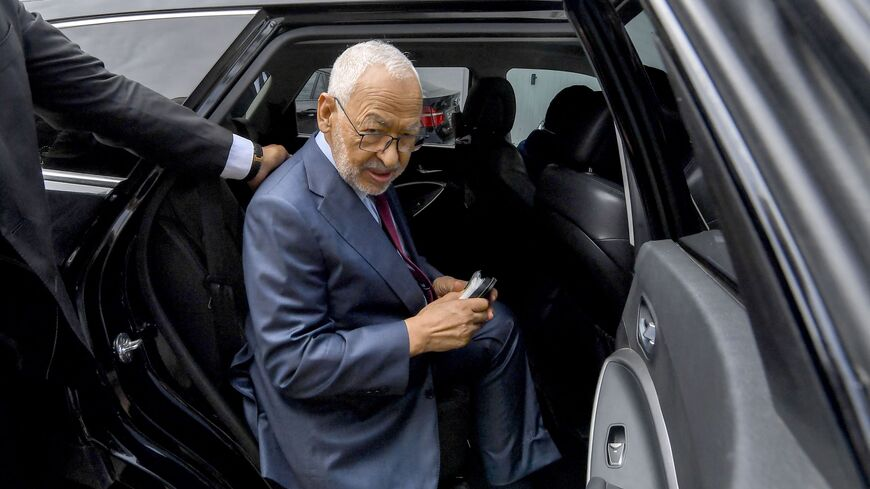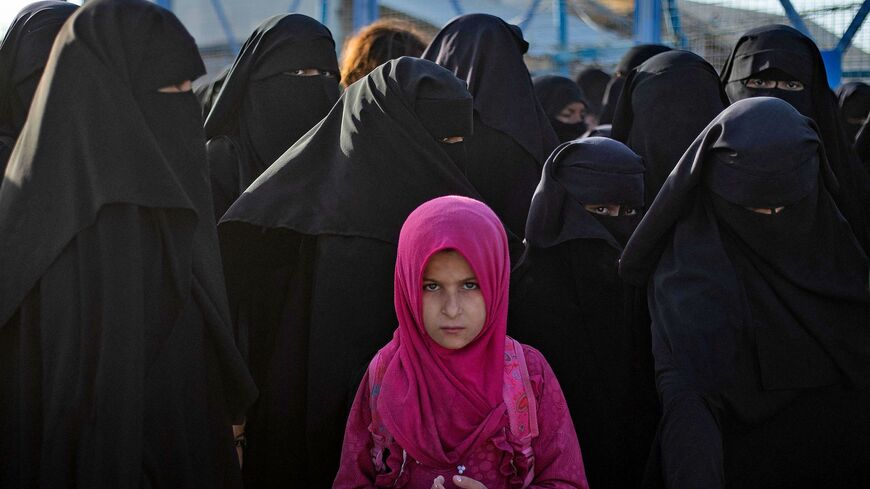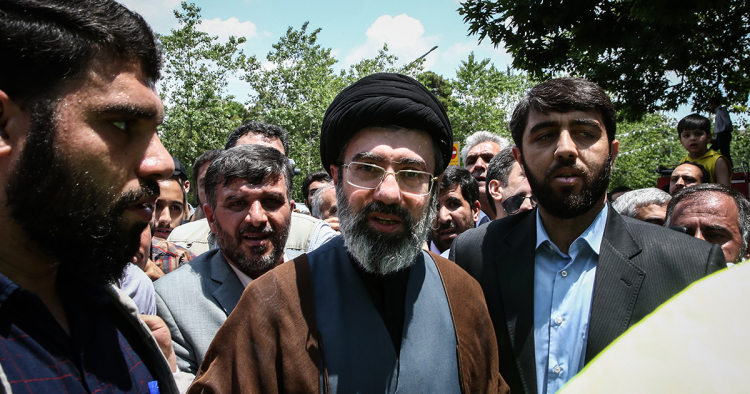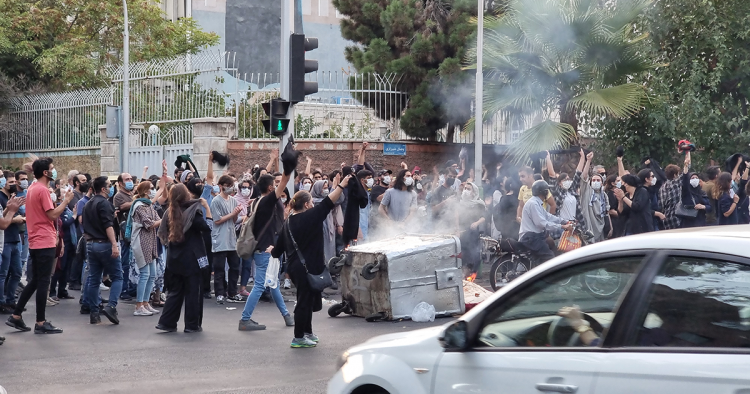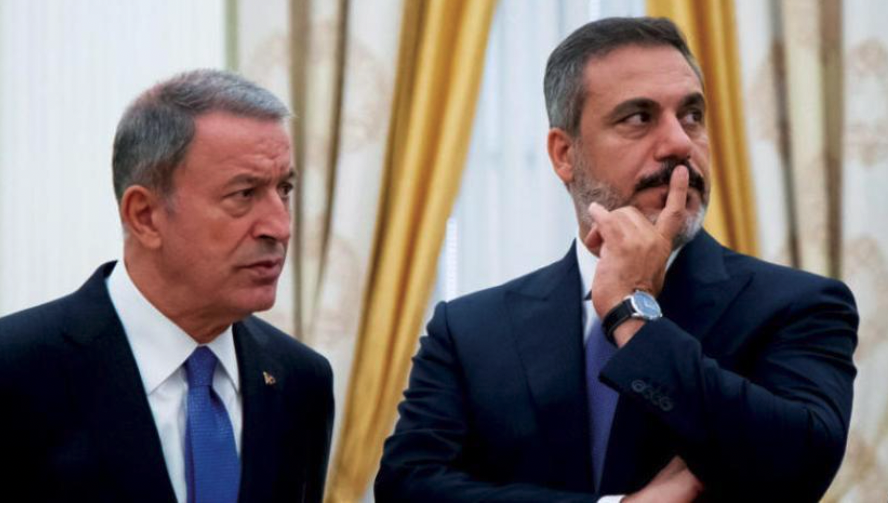US extends military support for Iraq’s Kurdistan Region
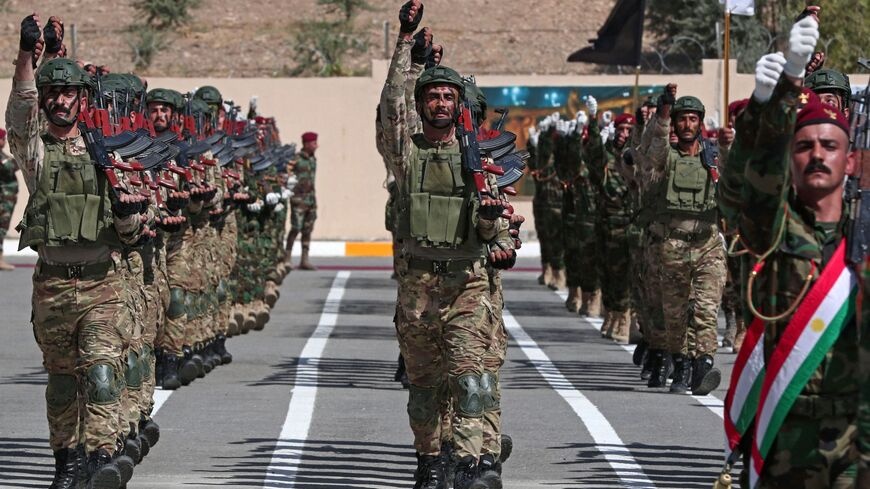
The renewed agreement entails further steps to reform peshmerga forces as Pentagon aims to prepare Iraq’s forces for long-term self-sufficiency.
The United States renewed its agreement with Iraq’s Kurdistan Regional Government (KRG) on Wednesday to continue providing security support in the wake of the war against the Islamic State (IS).

